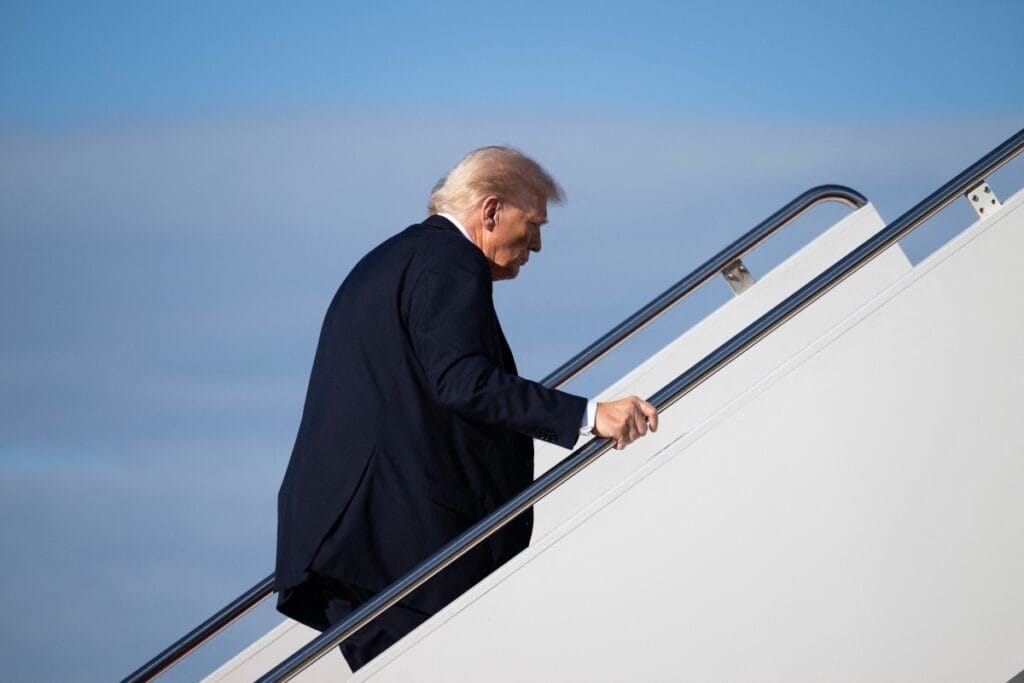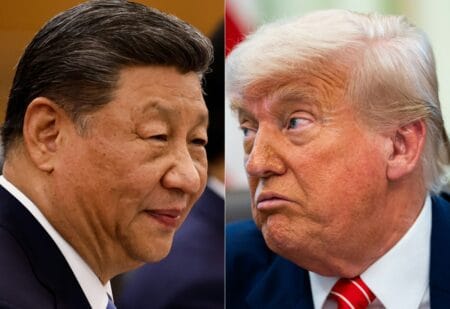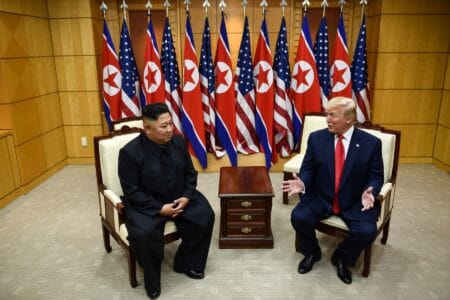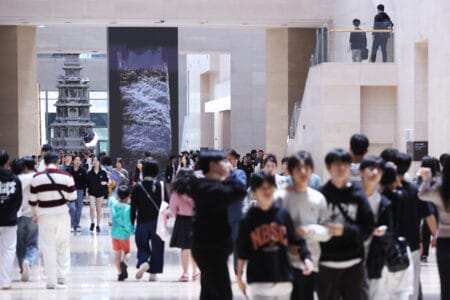ASEAN ministers have voiced concern that rising protectionism threatens global supply chains and multilateral trade stability. Observers are watching to see whether the summit can align ASEAN and US trade strategies, including the region’s push for the ASEAN Digital Economy Framework Agreement (DEFA) to boost cross-border data flows and AI industry cooperation.
Security and diplomacy: Thailand-Cambodia peace talks and regional cyber scams
The ISEAS–Yusof Ishak Institute survey State of Southeast Asia 2025 found that 48.1% of respondents see global scam operations as a top regional concern — second only to South China Sea tensions (51.6%) — following reports of a Korean student’s death linked to scam centres in Cambodia.
As a result, cybercrime and scam networks operating in Cambodia and Myanmar are expected to be discussed at the ASEAN Summit.
Nikkei Asia noted that Trump’s motivation for attending may include supporting peace talks between Thailand and Cambodia amid renewed border disputes. Malaysian Foreign Minister Mohamad Hasan told Nikkei on October 14 that Trump “is eager to see a peace agreement between the two neighbours.”
Ja Ian Chong, Associate Professor at the National University of Singapore (NUS), said: “Trump may simply want to appear as a witness to the Thai-Cambodian peace accord — so he can claim credit for ending a conflict.”
US–Japan ties and APEC trade with China
In Tokyo, newly elected Prime Minister Sanae Takaichi is preparing to propose new purchases of US soybeans and LNG, continuing Japan’s strategic trade partnership. Her predecessor Shigeru Ishiba had previously pledged US$550 billion in US investments in exchange for reduced car tariffs.
“An alliance with the United States is the cornerstone of Japan’s foreign and security policy,” Takaichi said on October 21 in her first press conference as prime minister.
Trump will then fly to South Korea (October 29–30) for the APEC Summit, where discussions with President Xi Jinping of China could define global trade directions.
Analysts at PBS report that Trump’s talks with South Korea will focus on reducing auto tariffs and revisiting his demand for a US$350 billion Korean investment in the US, similar to Japan’s deal. Seoul has so far resisted.
In a possible APEC highlight, Trump is also set to meet President Xi, potentially signalling a new trade deal after weeks of tension following China’s rare-earth export restrictions and Trump’s tariff threats.
Former Biden adviser Ali Wyne commented that “China feels emboldened — they believe they have leverage over Trump after his earlier tariff concessions.”
A high-stakes tour for Asia and the world
Trump’s return to Asia could redefine regional trade and diplomacy. From ASEAN trade and digital economy talks to peace efforts in Indochina and US–China negotiations, the trip could shape Asia’s economic and political trajectory for years ahead — with the world watching every move.







